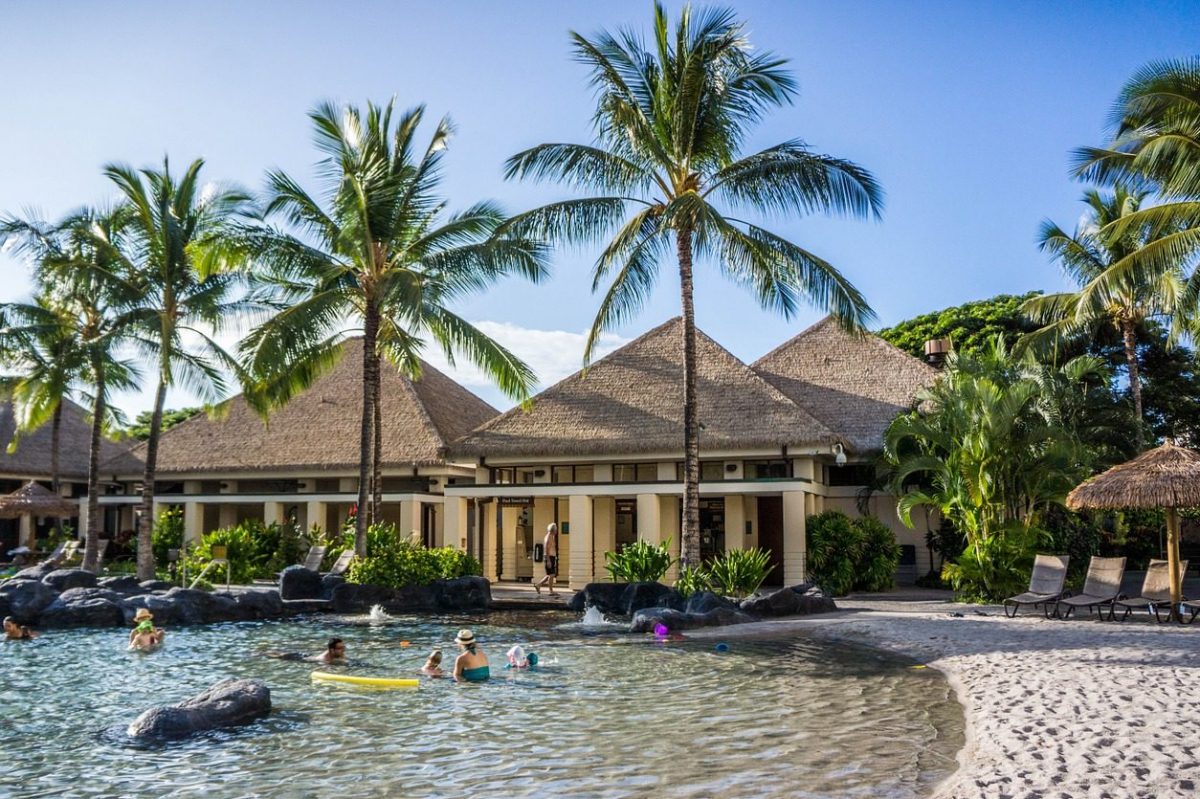Marriott to Include Resort Fees in Total Prices, Breaking New Ground in Lawsuit Settlement

Skift Take
Marriott International plans by May 15 to disclose resort fees in the total prices it displays in its initial search results on its website and mobile app. It's the long-awaited outcome of a 2021 settlement with Pennsylvania — that required the Bethesda, Maryland-based hotel operator to include in fees in upfront total prices.
Marriott is the first of the global hotel groups to make the change, which pertains to extra fees for services and amenities offered during a hotel or resort stay. All the other global hotel groups and online travel agencies have continued to charge fees for services or amenities at some properties and exclude them from the room rate or bury them in “taxes and fees," according to ResortFeeChecker.
"We have been working diligently over

